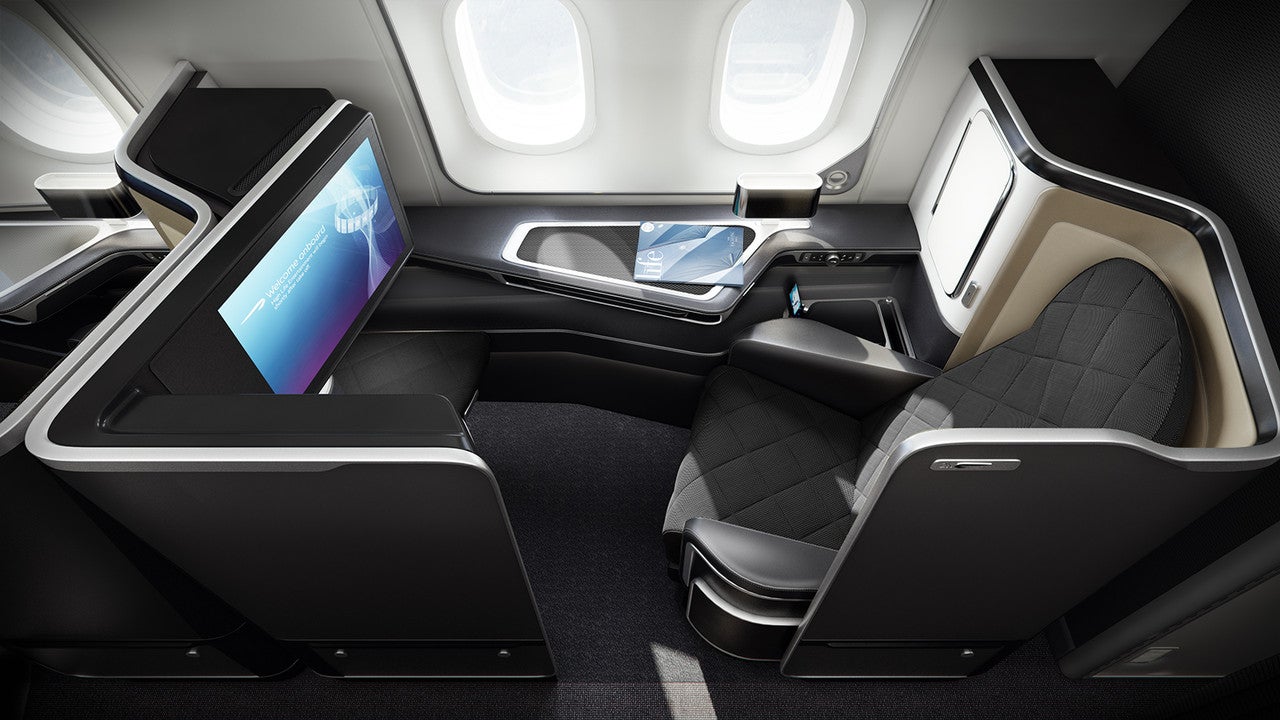Why business class isn't worth the expense: You can travel comfortably on a budget
As the value of sterling plummets, there are some simple ways for businesses - and others who usually turn left on a plane - to cut travel costs

The Independent and other media recently have been full of stories about how the slump in sterling is damaging the wallets and purses of holidaymakers: a family of four taking the Sydney Harbour Bridge Climb will now pay as much as for a cheap flight from London to Australia’s biggest city.
But arguably the people who deserve the most sympathy (oh, go on, just for once) are company bean-counters. The men and women who are responsible for cost control are finding that business travel costs are increasing faster than the price of Marmite.
Of course they may be working for firms that are set to do very well from the slump in sterling, by selling more goods and services thanks to the depreciation in the pound. But they are still faced with the fact that, in sterling terms, pretty much every expense a business traveller incurs when abroad is one-fifth more expensive than it was four months ago. So an export sales trip might bear more fruit, but it will also be a lot pricier.
Let me try to help, by suggesting some strategies for keeping travelling executives in tip-top shape while keeping the lid on spending.
The single biggest expense for many businesses with a global outlook is long-haul air travel. When Virgin Atlantic started flying in 1984, Upper Class from London to New York cost three times as much as the cheapest economy ticket. Granted, the present lie-flat beds are far superior to the original offering, but the difference has increased to a factor of 10. Furthermore, in anything but basic economy, travellers pay double the Air Passenger Duty – an extra £73 going straight to the Chancellor.
You will have noticed that there is no such thing as an overnight flight from the UK to the US or Canada. So paying for a flat bed in Virgin’s Upper Class or British Airways Club World is a benefit that doesn’t, in my view, justify the expense.
Going out economy rather than business could save a couple of thousand pounds – from which the long-suffering business traveller can also benefit, in the shape of some rest and relaxation – aimed at saving the company money.
The cheapest economy seats on transatlantic flights are sold only for trips involving a Saturday night stay. So even in New York, where the tip on a $10 glass of wine will take the bill to £10, and a half-decent hotel room is now at least £200, it is worth a company paying the business traveller’s way.
Cost-conscious businesses could even stipulate that the traveller returns on a Sunday morning daytime flight; I like Virgin Atlantic’s 8.15am from a quiet, efficient Kennedy airport, arriving at an equally tranquil Heathrow Terminal 3. That makes it economy both ways, saving thousands of pounds compared with the Upper Class experience.
Elsewhere, play the timings to the advantage of the traveller and the company. On a long trip to Asia or Africa, consider a trick that the editors of Hidden Europe magazine, Nicky Gardner and Susanne Kries, deploy on missions from their base in Berlin.
They have a strict rule never to fly outside the hours of 9am to 9pm. So on a trip to Johannesburg, they will get a daytime service from the German capital to Abu Dhabi, where an excellent Premier Inn has been appended to the airport. After a good night’s sleep, they continue on Etihad to South Africa again in broad daylight, feeling a million times better than the folk who have flown in overnight from the UK to connect with the Jo’burg flight.
Nicky and Susanne don’t need business class comfort – which, let’s be honest, is more akin to a youth hostel or capsule hotel than a proper bedroom. They arrive in great shape. They can gaze out at the planet below, with its metropoles, mountains and oceans. And they can afford to do much more travelling.
Click here to view the latest travel offers, with Independent Holidays.
Join our commenting forum
Join thought-provoking conversations, follow other Independent readers and see their replies
Comments
Bookmark popover
Removed from bookmarks